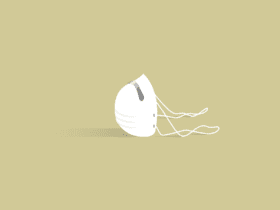For anyone under the age of 40 who are at risk for mortality from alcohol-related causes such as car accidents, murder, and injury, there is no safe level of alcohol consumption.
Even if you’re in your 40s or older and don’t have any preexisting health concerns, recent evidence suggests that moderate drinking may lower your risk of heart disease, strokes, and even diabetes.
It turns out that a little drinking is preferable to no consumption when considering the long-term effects on health, especially for the elderly. It’s dangerous for all other reasons, regardless of how much you consume. Many malignancies, including TB, hypertension, atrial fibrillation, and liver problems, were not shown to have any preventative impact by the researchers.
Information on persons aged 15 through 95 from 204 nations and territories was analyzed over 30 years. In 2020, the study predicted that 1.34 billion individuals throughout the globe would be drinking to excess. Nearly two-thirds of those who drank too much alcohol were under the age of 21. Men made up the lion’s share of the participants.
Consuming alcohol has no medical advantages for persons below the age of 40, but it does increase the chance of harm, such as car accidents as well as suicides, according to a new research.
Drinks with 10 g of pure alcohol are considered a reference in the research, and this may be anything from an average can or glass of beer (3.5 percent alcohol) to a 1-ounce shot (30 ml) of spirits (40 percent alcohol content) that are all within the scope of the research.
Although several specialists not engaged in the study lauded the research as well-conducted, some voiced caution regarding the study’s results.
The study’s biggest flaw is its reliance on heart disease results to evaluate risk, especially in the elderly. When it comes to alcohol’s supposed health advantages, we already know that the risks of cancer, liver illness, and mental problems like depression and dementia much outweigh any potential advantages.











Leave a Reply